Picture it: Boy meets girl in an evening class—something semi-creative yet capitalist-friendly, maybe branding or corporate identity. They exchange texts and phone calls; some nights, the boy sneaks into the girl’s cramped apartment to smoke weed on her balcony and fool around. It’s a scenario that might be playing out right now in Los Angeles, London, Paris, or any sizable Western city.
Perhaps you can see yourself taking part in this story—one that also happens to feature prominently in the unnamed Middle Eastern urban setting of the novel Exit West, written by Mohsin Hamid and published this past March by Riverhead Books. The boy is Saeed, a gentle, pious young man; the girl is Nadia, a young woman who dons black robes to avoid harassment. The bustling metropolis they call home is quickly approaching a catastrophic civil war.
“It might seem odd,” Hamid writes, “that in cities teetering at the edge of the abyss” such a scene might develop, but that’s just life. “[O]ur eternally impending ending does not put a stop to our transient beginnings and middles until the instant when it does.” Urban-dwellers in the creative class are not who we normally imagine when we think of refugees, a term too often evoking the downtrodden, the miserable, the desperate—and, as our president insists—the dangerous.
The refugee as a complicated, three-dimensional person: It seems like an obvious idea, but a quick survey of media portrayals of refugees reveals how little latitude we grant displaced persons when it comes to the stories of their lives. Think of the images coming out of Aleppo or the rags-to-riches narrative we routinely foist upon them. As a child of Cuban refugees, this view is something I’ve experienced firsthand. The Castro regime can’t be separated from my family’s story, but it has nothing to do with our road trips to Niagara Falls, disastrous fishing excursions, or a single sloppy translation from Spanish to English—in which a scientific finding implied that all sharks were immune to cancer—that spawned a Lopez legend (in which the frightening species was actually immortal).
[quote position="left" is_quote="true"]The Castro regime can’t be separated from my family’s story, but it has nothing to do with our road trips to Niagara Falls.[/quote]
To speak of the time we fled is to flatten our very existence, mixing and matching us up with Vietnamese refugees, resettled stateside after the Vietnam War and its aftermath, or Bosnian refugees who escaped that country’s brutal war, or any of the scores of other groups that migrated to America in search of a safer, calmer life. “That’s one of the big problems,” says Rey Koslowski, director of the Master of International Affairs program and associate professor of political science at the University at Albany. “There’s such a variety of people coming in.” To be a refugee is, in many ways, to be from everywhere and nowhere specifically. Some of this elision is intentional. As Hamid’s narrator points out, “When we migrate, we murder from our lives those we leave behind.” It can be necessary to isolate trauma in order to move on, but doing so can have the opposite effect. It can lock us into victim narratives.
Becca Niburg, formerly of the Department of Justice and somebody who is familiar with the challenges faced by asylum-seekers and refugees, points out that “just like any immigrant group, refugees and asylum seekers” have similarities but also “distinct differences.” She points to the Hmong people of Laos who fled the North Vietnamese. “Many settled in the Appalachian region,” Niburg says, because the mountainous terrain there is similar to what they had back home. Refugee groups tend to self-segregate, Niburg adds, because there’s comfort in the “little, small things that are part of daily life. Everybody may have tea at the same hour, for instance,” she says, and it’s nice to not have to explain that to outsiders.
[quote position="right" is_quote="true"]Clustering together refugees tends to keep the focus on shared trauma.[/quote]
Yet clustering together tends to keep the focus on shared trauma. In Exit West, the existence of mysterious doors that instantly transport refugees to the West alleviates some of the physical dangers of migration, but does little to help people overcome the instinct to segregate. After crossing through one such door, Saeed and Nadia soon find themselves squatting in a crowded London townhouse where Nigerian refugees are in the majority. Conflicts soon emerge. Saeed lobbies to move with Nadia into a house populated by their countrymen, but she sees no reason to leave. Here, at least, they enjoy privacy and a small room with a balcony, reminiscent of the old apartment filled with happy memories and a subtle scent of weed. Plus, they can build a new community with the Nigerians if they take the time to learn about them, she insists.
It’s the kind of empathetic point of view that would help any of us to see displaced people as complicated individuals. But much more needs to be done to integrate them into existing communities if we hope to move beyond xenophobic behavior. Hamid offers a partial solution, closing the book with a vision for how resettlement programs might better develop integrated populations on public land by crowdsourcing additional aid.
Koslowski is skeptical of such approaches, however. Instead, he prefers to find inspiration in the Displaced Persons Act of 1948, which opened the door to refugee farmers. “There are people who have agricultural backgrounds” coming in, he explains, just as younger Americans are starting to abandon family farms in search of less physically laborious work. “Why let the land go fallow?” Koslowski asks. “New refugee resettlement programs could help meet agricultural labor demand,” he elaborates in an article for the Albany Times Union—and Greek yogurt company Chobani has found success with a similar model.
Meanwhile, in states like New Jersey, refugee-supporting volunteer organizations have demonstrated the great value—to both displaced persons and locals—of integration. Nonprofit One World One Love offers rapid response support to newly arrived refugees, as well as employment opportunities to fill in the gaps left behind by the Department of Homeland Security, the State Department, and the Department of Health and Human Services’ Refugee Resettlement Program. The program handles big-ticket items like security pre-screening, medical assistance, and locating housing. One World One Love is neither an easy nor a perfect solution, says volunteer Meredith Lopez of Glen Ridge, New Jersey (full disclosure: Meredith is my sister-in-law).
[quote position="full" is_quote="true"]We’re in this together for the long haul—so we might as well get to know each other.[/quote]
For starters, the apartments secured for refugees are often in need of serious TLC, which takes a lot of resources. “We will go in and clean the place from top to bottom,” she says, “put together furniture, put sheets and blankets on the bed, put up some art, so that it actually feels warm and cozy. Sometimes,” she adds, “the art comes in the form of letters of welcome from neighbors.” Once there’s a clean space, volunteers offer more customized support, such as helping parents navigate the education system, connecting them with day care, afterschool homework help, and even summer camps. It’s an approach designed to foster sustainable long-term community. “Once people get to know the individual refugees,” Koslowski says, “they have a very different view of refugees as a whole.”
Hamid’s novel offers a much-needed reevaluation of how to view and treat the figure of the refugee in the West: fully human, not a faceless monolithic entity or the pitiable product of global conflict. Literature can make these people seem like, well, the humans they are. Governments can allocate resources. And volunteer-driven organizations can do the work of building community. The process is sure to be a long one, and despite decades of successful resettlements, with every new wave of migrants, it can feel like we’re starting from scratch—because, in a way, we are. Near the end of Exit West, we meet a woman who has spent her entire life in the same Marin County house. While inside things may have stayed relatively consistent, “[w]hen she went out it seemed to her that she too had migrated, that everyone migrates, even if we stay in the same houses our whole lives, because we can’t help it. We are all migrants through time.”
The message is clear: we’re in this together for the long haul—so we might as well get to know each other.





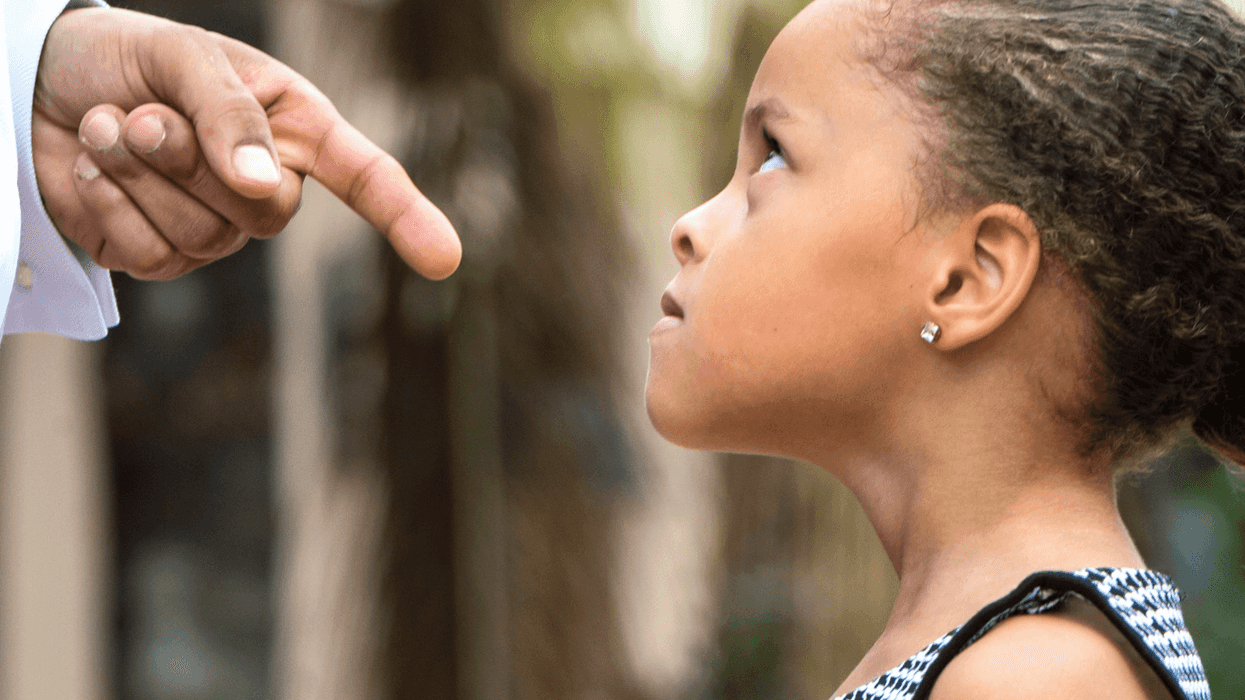
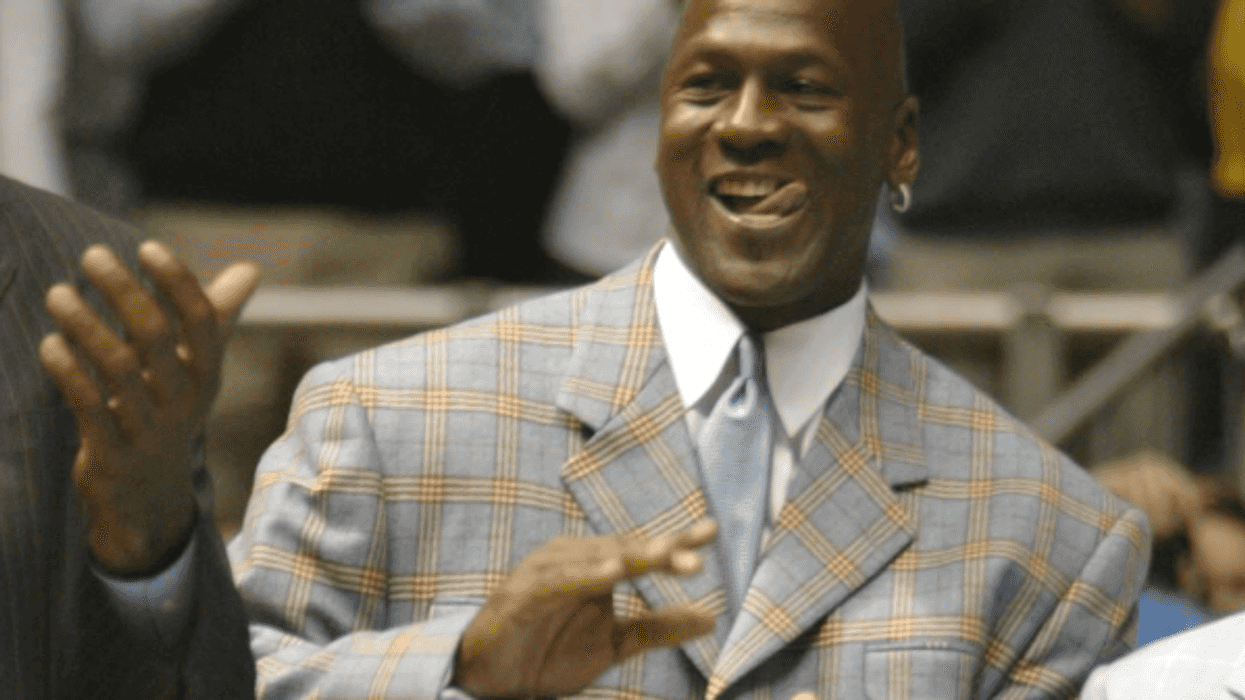
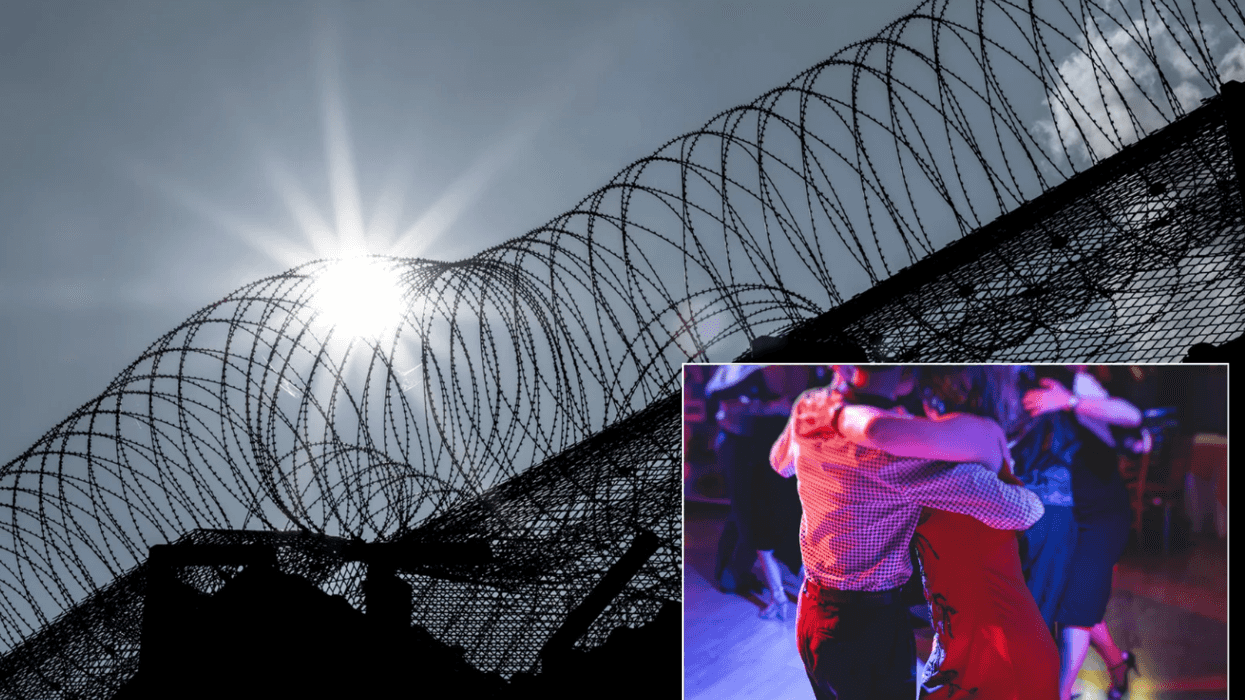







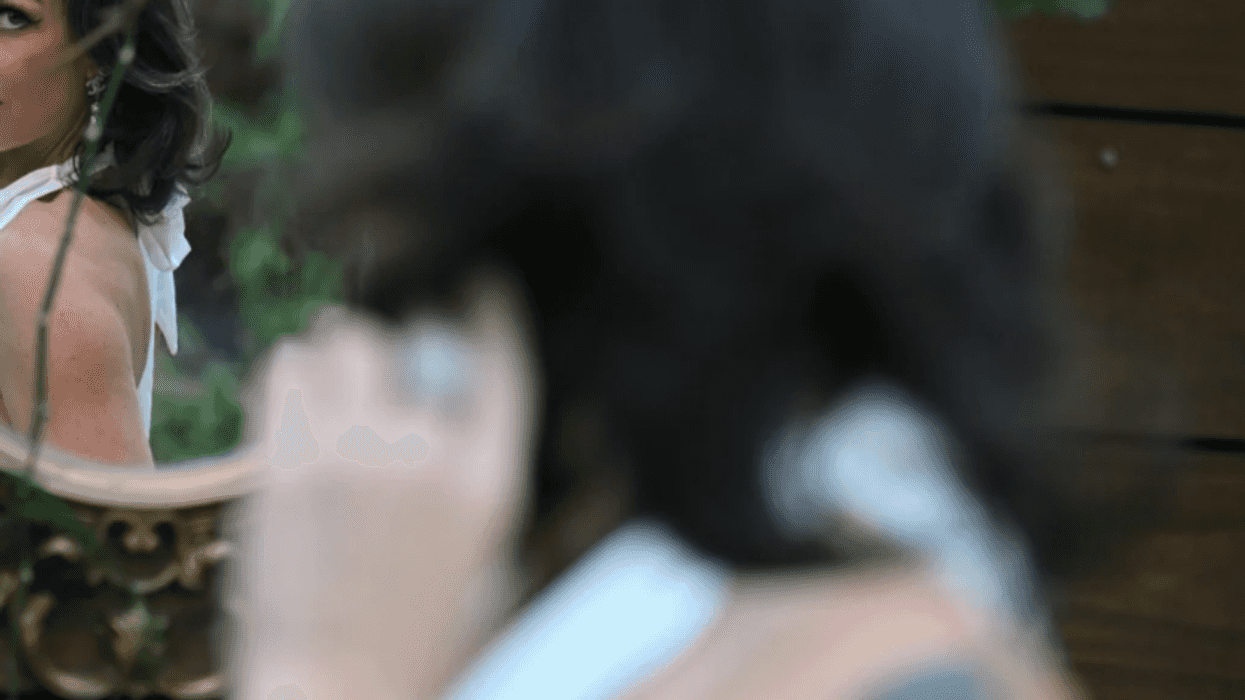



 Obsessive-compulsive disorder, OCDPhoto credit
Obsessive-compulsive disorder, OCDPhoto credit 
 Oral Wegovy pills were approved by the Food and Drug Administration in December 2025 and became available for purchase in the U.S. in January 2026.
Oral Wegovy pills were approved by the Food and Drug Administration in December 2025 and became available for purchase in the U.S. in January 2026. Despite the effectiveness of GLP-1 drugs for weight loss, there is still no replacement for healthy lifestyle patterns, including regular exercise.
Despite the effectiveness of GLP-1 drugs for weight loss, there is still no replacement for healthy lifestyle patterns, including regular exercise.

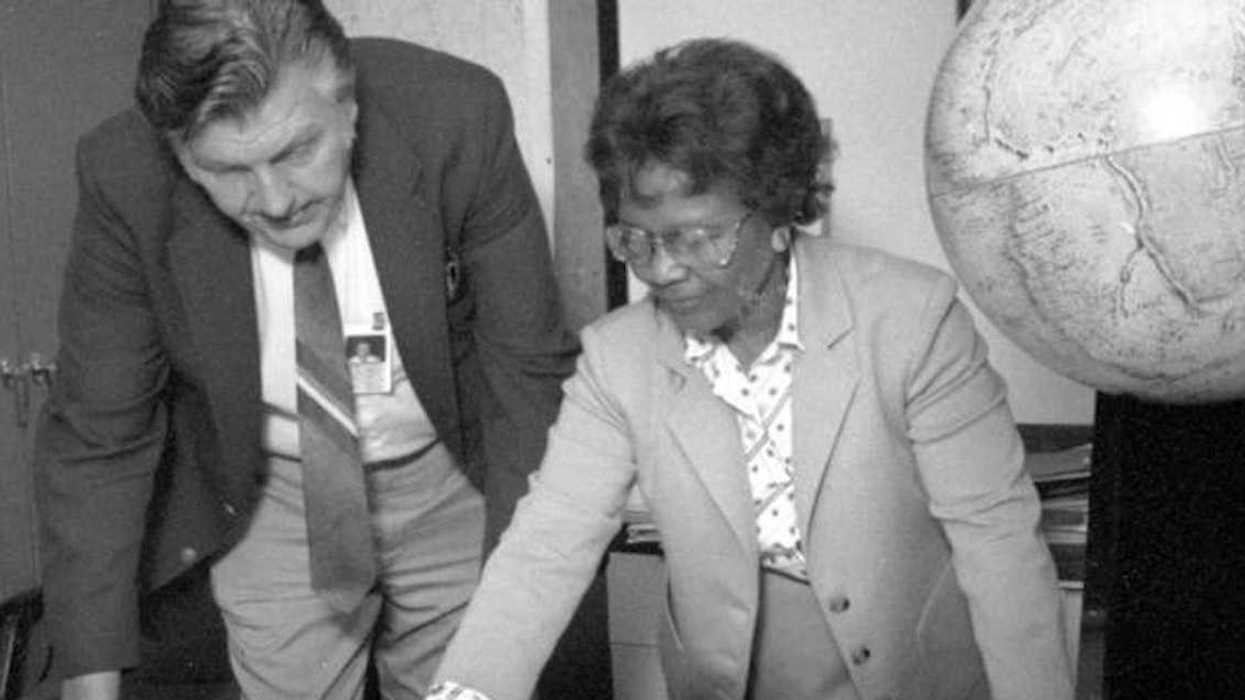
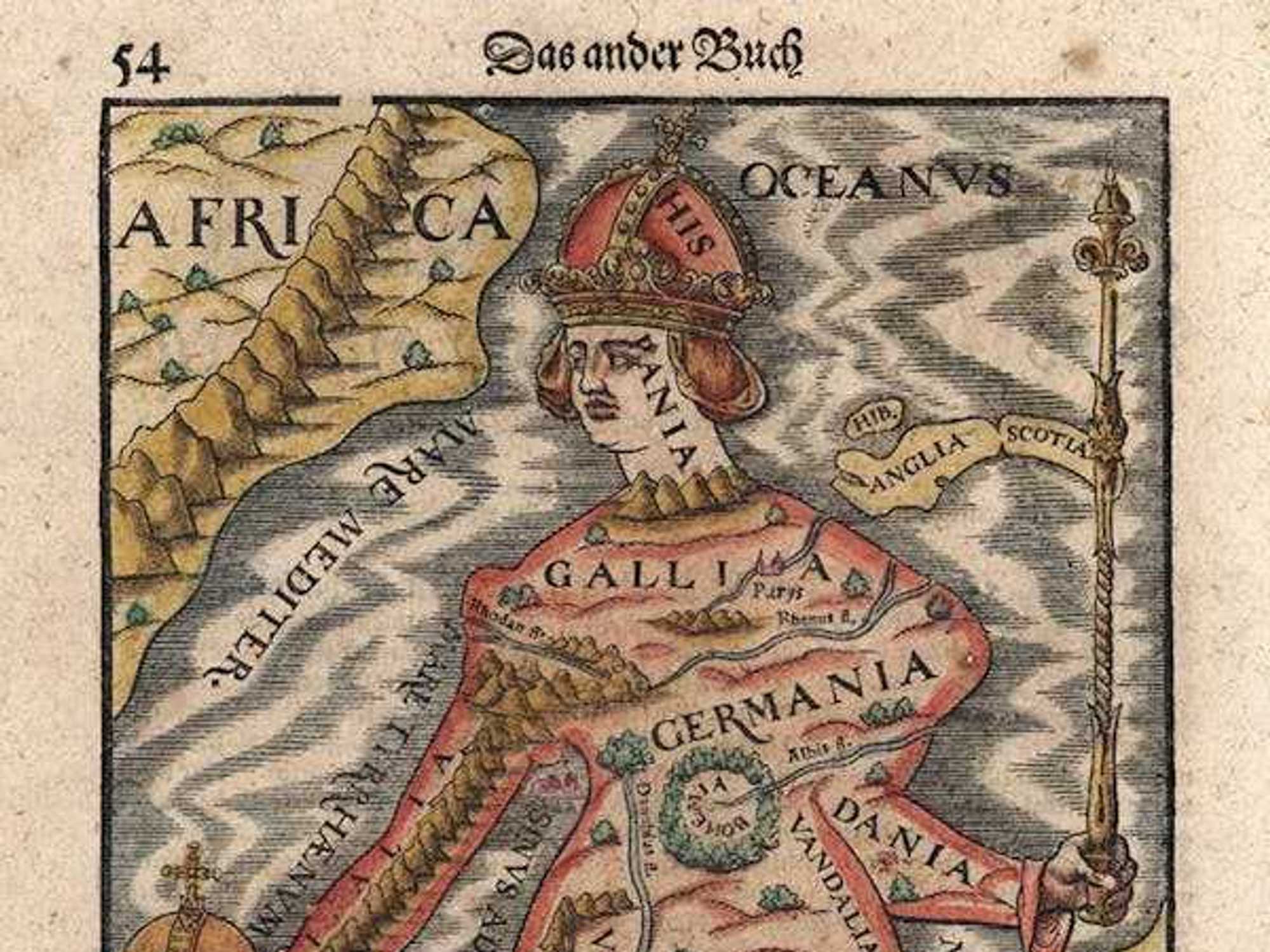 Europa Regina (1570).
Europa Regina (1570).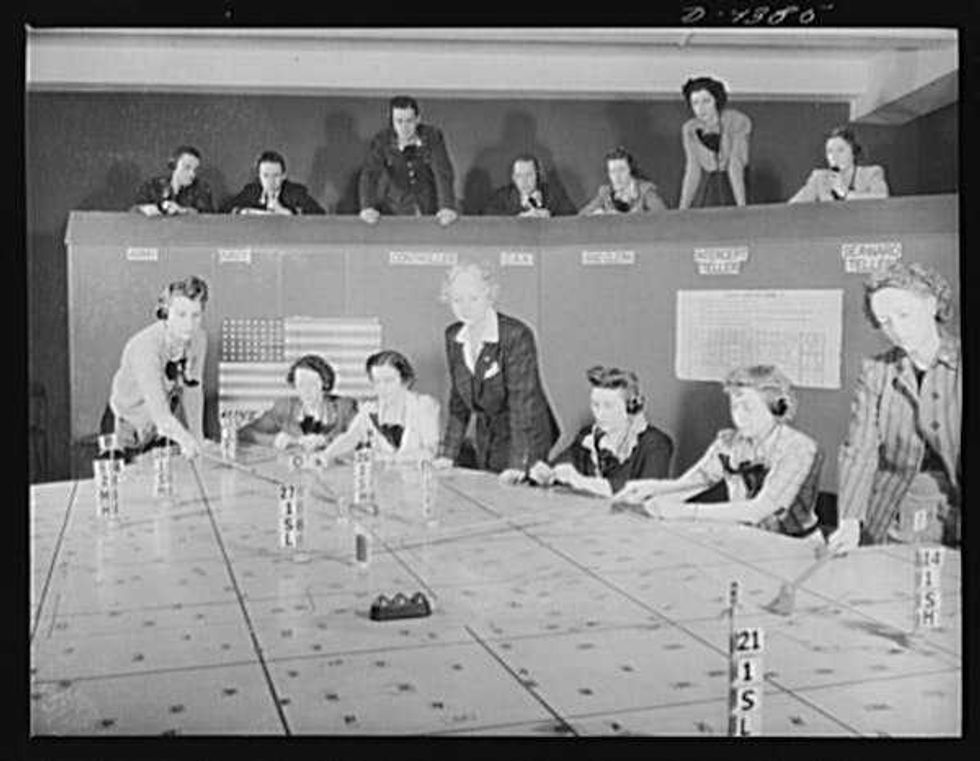 The ‘Military Mapping Maidens’ created tens of thousands of maps during World War II.
The ‘Military Mapping Maidens’ created tens of thousands of maps during World War II.